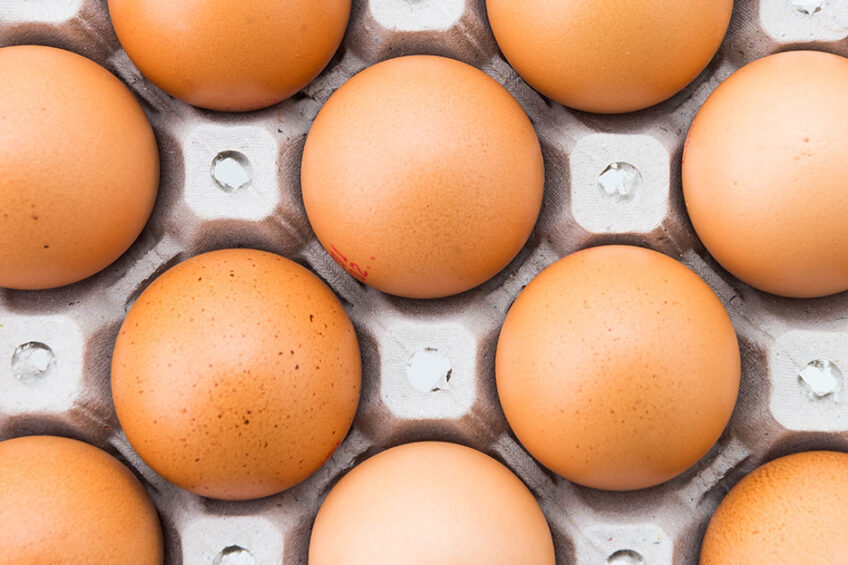Russia sees a solid rise in egg production and exports

In 2022, Russian egg producers exported 570 million eggs, which is a 12.6% increase from 2021, Vladimir Fisinin, president of the Russian Union of poultry producers, Rosptitsesoyuz, said during an industry conference in Moscow.
During the past decade, Russia has nearly doubled egg exports – a trend that is expected to continue. By 2030, it should reach 850 million, Fisinin forecasted, adding that Russia exported eggs to 17 countries last year.
He didn’t provide further details, but in the previous years, Russia exported most eggs to Mongolia and the countries of the post-Soviet bloc: Kazakhstan and Kirgizia and the unrecognised republic of Abkhazia. Relatively small batches landed in the Middle East, primarily the UAE.
The growth in exports in 2022 was achieved thanks to a steady rise in domestic production, which jumped by 1.2 billion to 46.1 billion units. Russian egg production has been consistently rising for several years, but in 2022 this trend picked up the pace. As a result, Russia has become almost entirely self-sufficient in food eggs.
In 2022, Russian imported 750 million eggs, Fisinin said, adding that this figure is not expected to change through 2030. He estimated that 90% of imports come from Belarus and 10% from Kazakhstan.
Konstantin Korneev, executive director of Russian consultancy Rincon Management, told the Russian magazine Agroinvestor that the Russian egg market was balanced in terms of supply and demand. He noted that eggs are cheap, so their share in the consumer basket does not change. The main factor influencing the industry’s profitability, he said, was the regulation of grain exports, which impacted feed production costs.
Uncertainty within the Eurasia Union
However, trade dynamics within the Eurasia Economic Union – the Russia-led block including Belarus, Kazakhstan, Armenia and Kyrgyzstan – remain complicated. Local news outlet, RTVI, reported that one of the largest Belarussian egg manufacturers Firm ABS suspended sales to Russian customers in January, justifying this step with a need to meet the demand of customers on the domestic market first.
In October 2022, the Belarussian government banned the export of poultry meat and eggs to Russia for 7 companies, including the largest exporters, Servolux and Minsk poultry farm. With this step, the authorities reportedly aimed to battle food inflation.
Belarus used to export between 120,000 and 140,000 tonnes of poultry meat to the Russian market per year, and the restrictions could have cost poultry farms 30,000 tonnes of export supplies last year, local press reported.
However, it is believed that the restrictions were eased closer to the end of 2022, though no public announcements about this step have been made. It is unclear whether Firm ABS was ordered by Belarussian authorities to suspend sales to Russian customers and whether any other egg manufacturers also ceased exporting eggs to Russia.
Join 31,000+ subscribers
Subscribe to our newsletter to stay updated about all the need-to-know content in the poultry sector, three times a week. Beheer
Beheer











 WP Admin
WP Admin  Bewerk bericht
Bewerk bericht